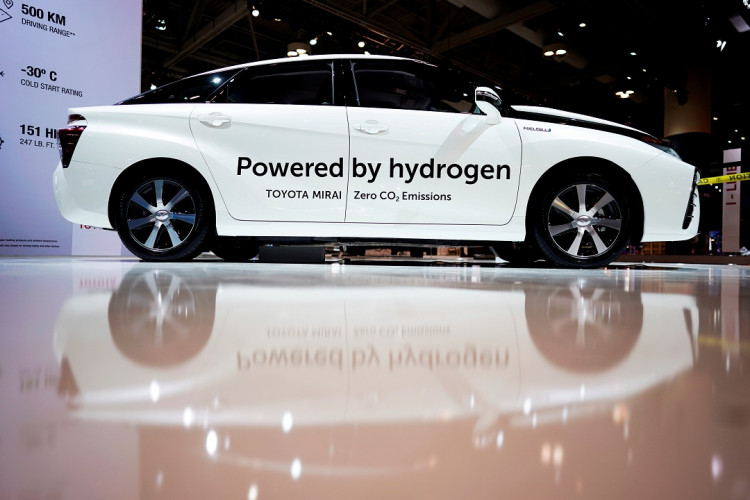The regulation involving vehicle fuel efficiency requirements that were imposed under Obama's administration in 2016 is now set to be suspended.
The Trump administration announced on Friday that it was already issuing the final rules to undo the regulation, which more than doubled the penalty imposed on automakers that failed to meet fuel efficiency requirements.
In 2015, Congress was under immense pressure to amend the country's various civil penalties, some of which had remained unchanged for decades.
During the same year, Congress ordered various federal agencies to update their respective regulations. To comply with the mandate, the National Highway Traffic Safety Administration (NHTSA) revised its fines for automakers not meeting national fuel efficiency requirements.
The NHTSA, under the Obama administration, increased the fine from $5.5 to $14 for every 0.1 miles per gallon of fuel a vehicle consumes in excess of the requirement for the particular vehicle type.
Following the increase, the NHTSA was met with protest from major automakers, which argued that the hike would translate to billions of dollars in added compliance costs.
Prior to the increase, automakers were typically alright with paying the fine, which they considered part of their production costs. Most of the companies that chose to pay the fines instead of meeting requirements were luxury brands such as Jaguar Land Rover and Daimler AG.
Earlier in the year, Fiat Chrysler revealed that it paid a total of $77 million in civil penalties in 2018 for its failure to meet fuel economy requirements.
Proponents of the hike argued that increasing the penalties would encourage automakers to build more fuel-efficient vehicles moving forward.
The Alliance of Automobile Manufacturers, a trade group that includes automakers such as GM, VW, Fiat Chrysler, and Toyota, praised the administration's move.
A spokeswoman for the group mentioned in an interview that the increased penalties had only served to harm the automotive industry by imposing an unjustified fine on manufacturers. The economic harm on the industry apparently affects everyone, including workers and consumers.
During its implementation, automakers argued that the policy change would be ineffective given that it would only result in the increase of the value of fuel economy credits. These credits are typically sold to manufacturers to meet regulatory standards.
In 2017, the NHTSA decided to put the new rules on hold in response to the concerns raised by automakers. This decision resulted in a lawsuit that was filed by several US states and three environmental groups. According to the suit, the increased penalties were necessary to ensure that automakers had enough incentive to build more fuel-efficient vehicles.






